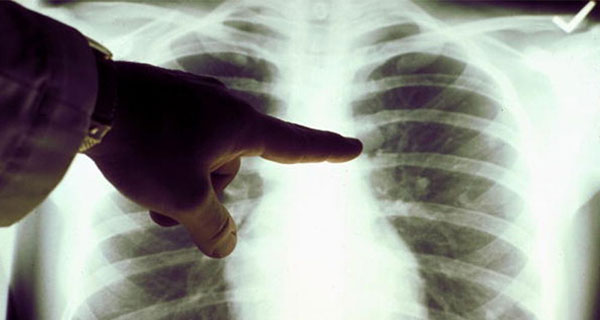In handling some kinds of life-or-death medical judgments, computers have already have surpassed the abilities of doctors. We’re looking at something like promise of self-driving cars, according to Zak Kohane, a doctor and researcher at Harvard Medical School. On the roads, replacing drivers with computers could save thousands of lives that would otherwise be lost to human error. In medicine, replacing intuition with machine intelligence might save patients from deadly drug side effects or otherwise incurable cancers.
Consider precision medicine, which involves tailoring drugs to individual patients. And to understand its promise, look to Shirley Pepke, a physicist by training who migrated into computational biology. When she developed a deadly cancer, she responded like a scientist and fought it using big data. And she is winning. She shared her story at a recent conference organized by Kohane.


